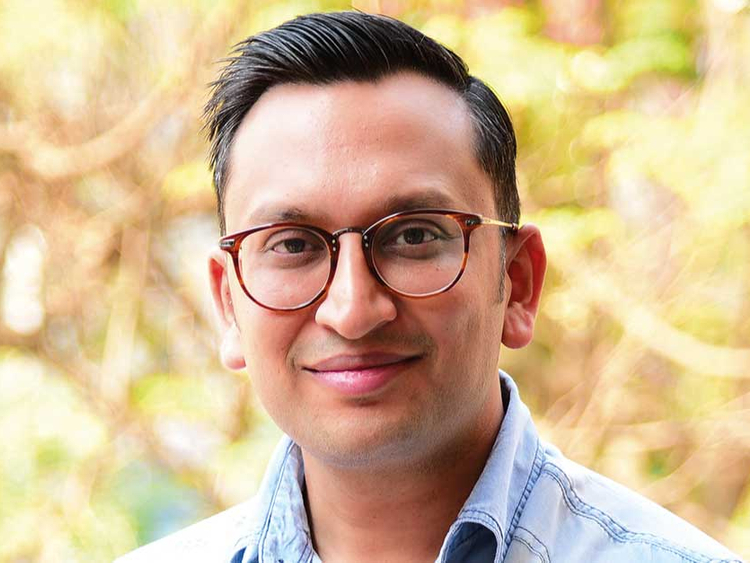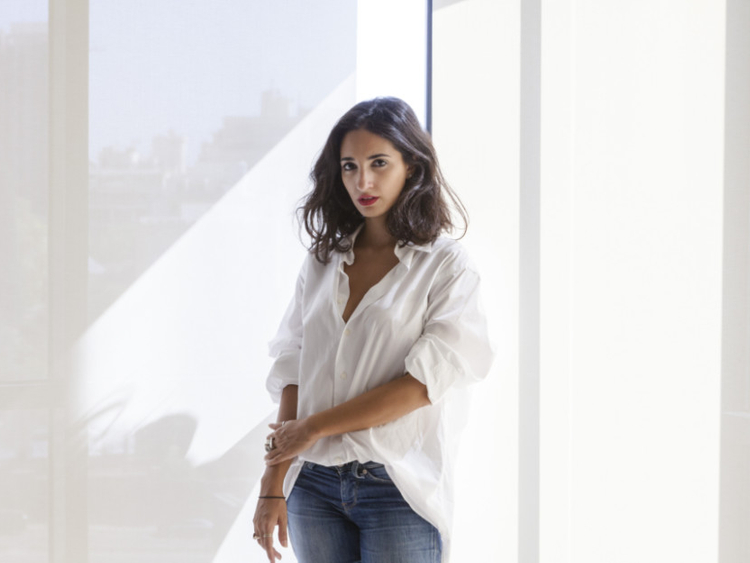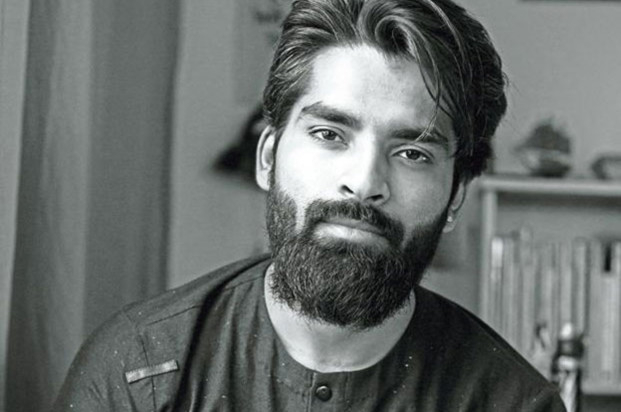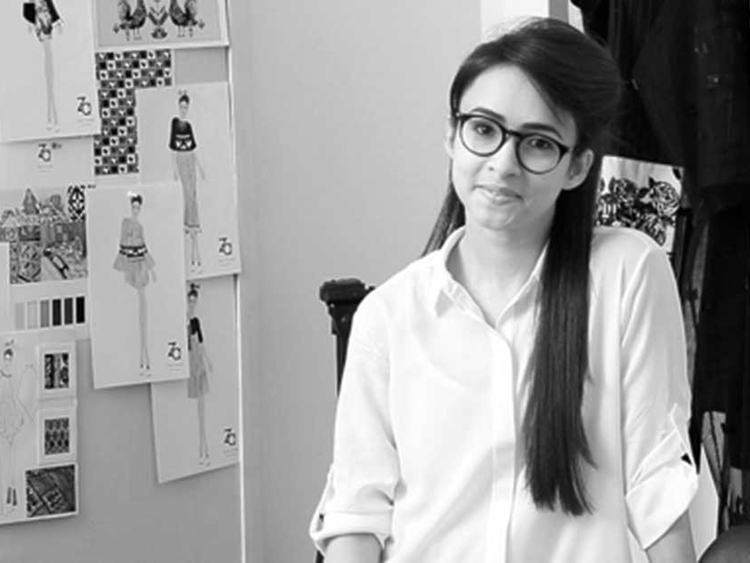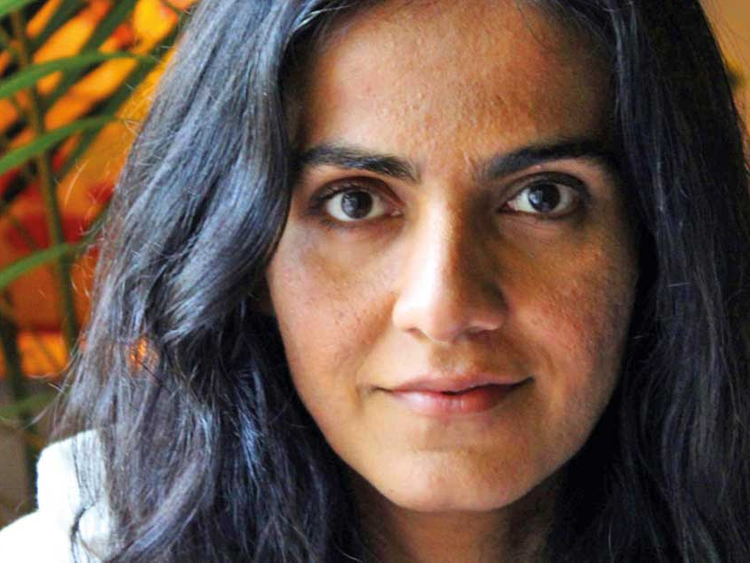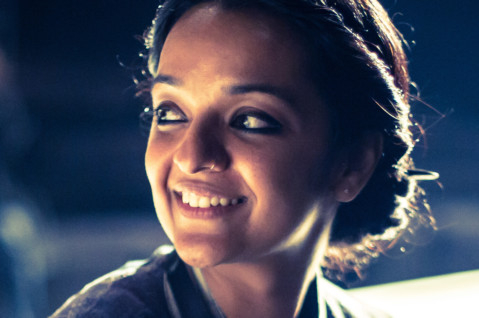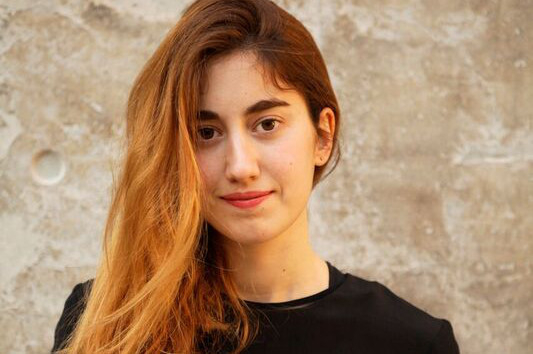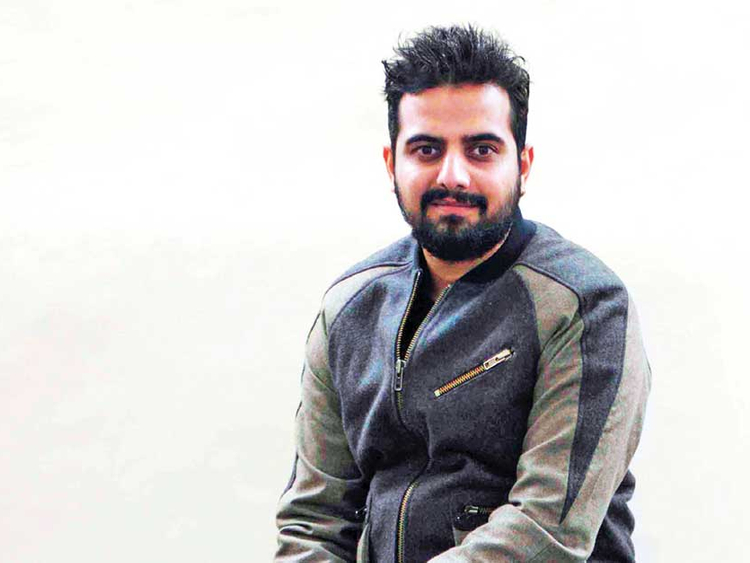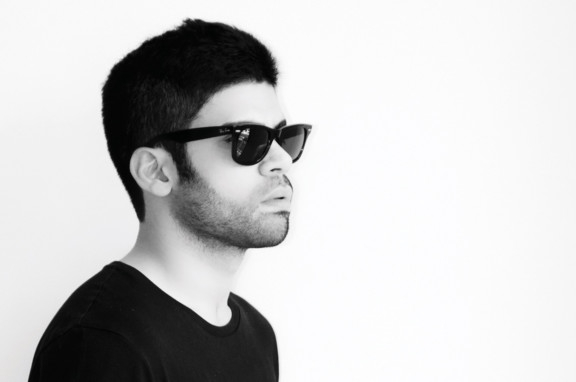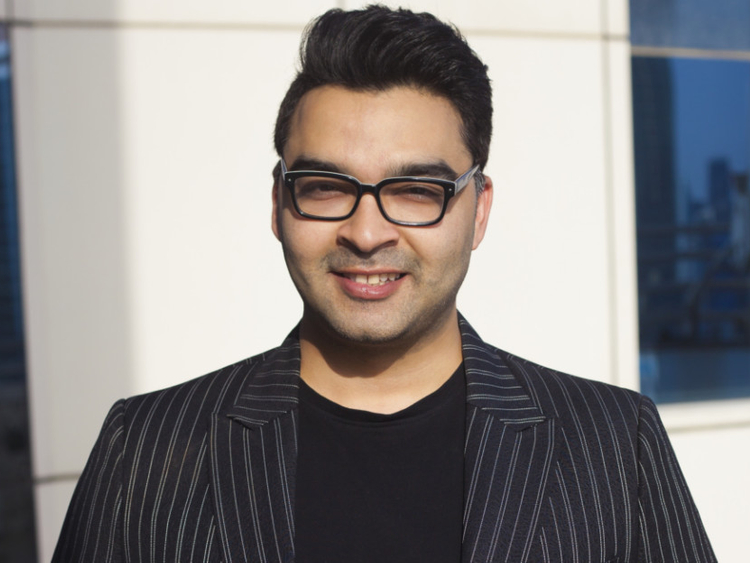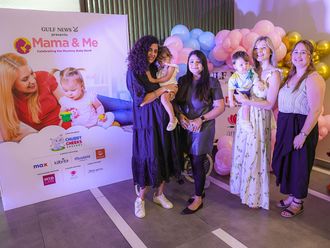The International Woolmark Prize is one of fashion’s most coveted awards in the world, not least because it has supported many designers in building internationally successful brands, but also because of its scope: It’s literally some of the best talents from across 60 countries.
Every year, six regions compete for two coveted prizes — one in womenswear and one in menswear — and Dh556,000 each, as well as mentoring and retailing opportunities. But the six regions — India, Pakistan & Middle East; Asia; Australia & New Zealand; British Isles; Europe and USA — will have to first pick their talents.
Dubai will play host again this year and on July 24 will name its two representatives. Judges for the regional round include famed Indian fashion designer Manish Malhotra; Alison Tay, the editor of Grazia Middle East; Che Kurrien, the editor of GQ India, Nonita Kalra, editor of Harper’s Bazaar India; Daniel Higgins, fashion editor of Esquire Middle East; Laura Larbalestier, the buying director at Boutique 1; Kirsten Lock, the fashion director at ordre.com; and John Roberts, the general manager, Eastern Hemisphere, of The Woolmark Company.
One menswear and one womenswear finalist will be selected from the region and will receive a Dh194,000 financial contribution towards their next collection as well as an invitation to participate in the international finals.
Here are the designers in the running:
FOR WOMENSWEAR
Label: Bodice
Country: India
For Bodice designer Ruchika Sachdeva meditative and communal elements of Eastern philosophy are an ongoing influence. Based in New Delhi, Sachdeva completed her studies at the London College of Fashion. She founded Bodice in 2011, is a recipient of the 2014 Vogue India Fashion Fund and featured on the 2015 Forbes India list of 30 Under 30.
Label: Hemang Agrawal
Country: India
Hemang Agrawal specialises in apparel and textiles made of natural fibres and precious metal yarns, deploying age-old techniques, which are disappearing. He operates out of Benares, a foremost Indian centre of patterned hand-weaving. Agrawal’s eponymous label launched in 2014, embodying Indian textile heritage in a contemporary form. He studied Fashion Design at Nift, Mumbai. He also received Merit and Golden Jubilee scholarships at Sydenham College, Mumbai, where he pursued business management.
Label: Khadija Rahman
Country: Pakistan
Established in 2016, Khadija Rahman’s namesake label explores natural fibres, with each piece furthering her exploration of drape, form and the architecture of dress making. Rahman has twice shown at fashion weeks in Pakistan. Taking heavy inspiration from the shape of the subcontinental “patang” the collection incorporated the Korean technique of pojagi, along with menswear silhouettes and further desecration of the dupatta, and the kurta with the most noticeable being the separation of the embroidered ‘ gala’ from the kamiz.
Label: Nour Najem
Country: Lebanon
Nour Najem was born and raised in Beirut and graduated in fashion design from Esmod Beirut in 2012. Throughout her career, she has interned with Lebanese designers, including Elie Saab, Rabih Kayrouz and Caroline Seikaly. She launched her eponymous fashion label in the spring of 2013. Nour combines strict geometry and architecture all the while being anchored in her oriental heritage. In 2014, Nour launched the Kenzah foundation, in parallel to her luxury fashion brand. Through this NGO, she works with talented artisans, using overlooked craftsmanship with the hope of empowering women who come from underprivileged backgrounds.
Label: Pero
Country: India
“Pero” means “to wear” in Marwari, the local language of Rajasthan, and interprets international aesthetics using local materials and skills. The label was founded by Indian fashion designer Aneeth Arora who calls herself a “textile and dress maker” and is fascinated and inspired by the clothing and dressing styles of the local people. The Indianess of “pero” rests in the textile process, where materials pass through the hands of one craftsperson to the other, belonging to different parts of India carrying forward the Indian tradition of the hand made, and creating pieces that are unique.
Label: Timi Hayek
Country: Lebanon
Timi Hayek completed her BA in Fashion Print at Central Saint Martins College of Art and Design in London, 2012. In 2010 she won the Liberty Art Fabrics Award, where her print design was sold at Liberty & Co. She completed a Diploma in Professional studies in 2011, working for Marc Jacobs in Louis Vuitton and Jean-Charles de Castelbajac in Paris. Other placements include Alexander McQueen and Mary Katrantzou in London. In 2014 she launched her eponymous label under the support of The Starch Foundation. She presented three collections with Fashion Forward in Dubai, before opening her first studio boutique in Beirut in 2015.
Label: Zonia Anwaar
Country: Pakistan
Zonia Anwaar’s eponymous womenswear label was launched in 2011, with the aim of offering edgy, contemporary designs with an understated elegance. A graduate of the Pakistan Institute of Fashion and Design, and later educated in haute couture at L’École de la Chambre Syndicale de la Couture, Paris, Anwaar’s signature of feminine designs, practical silhouettes and experimental silhouettes has earned her a popular reputation.
FOR MENSWEAR
Varoin Marwah
Country: UAE
Dubai-based label Varoin Marwah epitomises minimalism and simplicity, with clean lines and meticulous attention to detail. Its namesake designer draws from his Indian roots to craft artisanal and imperial attire that stands apart due to its faultlessly clean lines, careful detailing and international silhouettes. Launching at the International Indian Film Awards Dubai Celebrations, Marwah paved its way into the international market by opening the show at the Cayman Islands Fashion Week and has recently been elected Part of Dubai’s Fashion Forward (FFWD) 2016. Wearability, durability and quality are the three most important aspects of a Varoin Marwah creation.
Label: Antar-Agni
Country: India
Antar-Agni by Ujjawal Dubey was launched in 2014, as part of the Gennext category at Lakme Fashion Week. Dubey believes that fabric has its own character waiting to be explored and the label Antar-Agni is reminiscent of the same. He merely helps the fabric speak its language focusing on creating raw and natural pieces. Dubey won Best Upcoming Designer for Menswear at the Grazia Young Fashion Awards 2015. He was named as the ‘50 most influential young Indians by GQ India’ and won the Elle Graduate Award in 2016. He was also named in the 30 under 30 list by the Forbes India magazine in 2017.
Label: Dhruv Kapoor
Country: India
Since its launch in 2013, Dhruv Kapoor’s brand draws on diverse inspirations, cultural references and twisted modernity. The collections are defined by Kapoor’s multidisciplinary approach by juxtaposing design and attention to detail, with an emphasis on tailoring and use of materials including custom-developed fabrics. A graduate of Istituto Marangoni, he has previously worked under Etro before starting his own label. The brand received the Vogue India Fashion Fund 2015, with it declared as the best emerging talent of the country, followed by it being recognised in the “Elle Graduates Top 5” for emerging brands.
Label: Theorem
Country: India
Theorem was created by designer Nitin Chawla. Storytelling and expression are the two tools of his design philosophy that gives greater meaning to his products beyond pure utilitarian and adornment purposes. Chawla firmly believes that diversity is strength.



